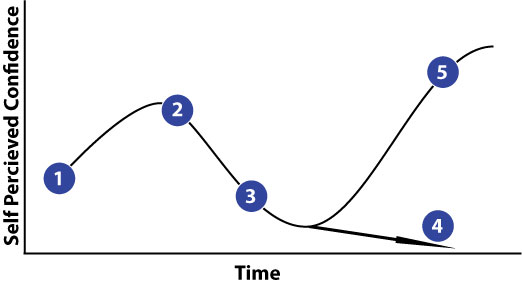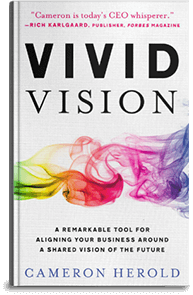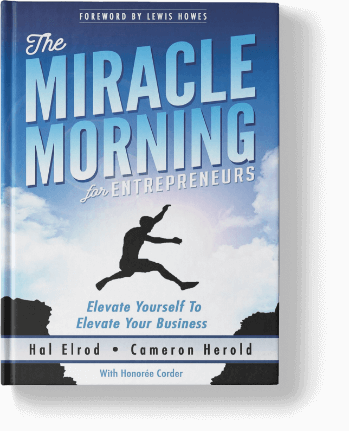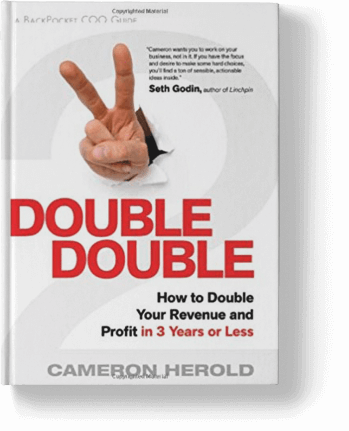 I just got a note from a CEO 10 minutes ago – I replied immediately just now with these points off the top of my head…
I just got a note from a CEO 10 minutes ago – I replied immediately just now with these points off the top of my head…
CEOs NOTE TO ME: “Hi Cameron, That metallic feeling in the back of the neck you described during your talk – I can now understand. I took the stress scale test and was surprised to find out I scored 500, which appears to be very high risk. Would you recommend I drop everything and go away for a few days. Or wrap up the week, make sure there’s a contingency plan, and take a proper vacation? Sorry for the unsolicited inquest, any advice appreciated.”
MY REPLY TO THEM: “Here is what I’d do – for the next month:
- Only work between the hours of 9am-5pm.
- Take a 1 hour lunch, daily, with friends, or non-work people, and do NOT take your iPhone. And don’t talk biz.
- Go for a walk – somewhere at 10:30am and 2:30pm for 15-20 min and no iPhone.
- Try to feel the grass or sand under your feet daily – even 2 min
- Work out, run, yoga, meditate etc. 3x a week – for even 20 min per session
- Watch some fun comedians on NetFlix 1-2 times a week
- Don’t bring your iPhone to bed
- Don’t work at home in the evenings – ever
- See if you can get a vacation booked
- Do NOT work on Sat or Sun
- Don’t read any biz books for a month – they just cause stress & add more to your list
- Write your TOP 5 goals each morning – and do those…
- Cut out any crap food – and see if you can get some fresh juices delivered to your house weekly.Hope that helps.”NOTE: From when I burned out 14 years ago, that metallic taste at the back of your neck is a chemical secretion caused by stress.
 This is a scary stage in your company that comes after Informed Pessimism, and can feel like you’re standing on the edge of a building needing to jump. It will
This is a scary stage in your company that comes after Informed Pessimism, and can feel like you’re standing on the edge of a building needing to jump. It will 





